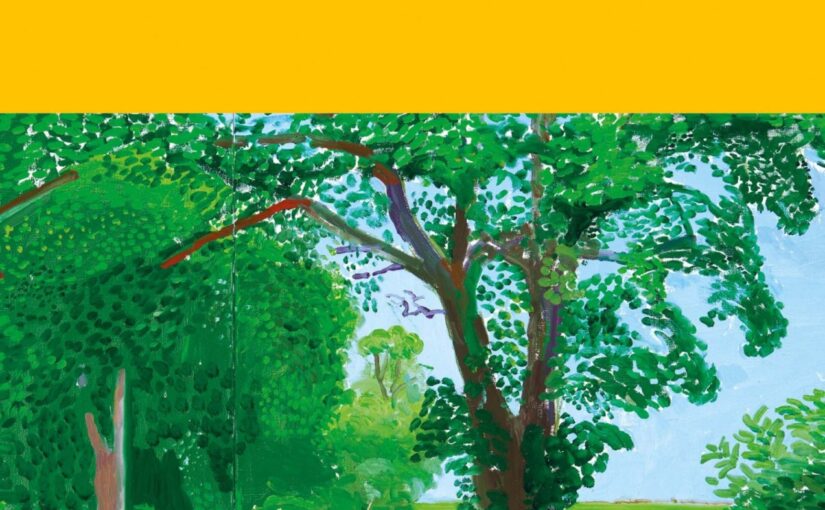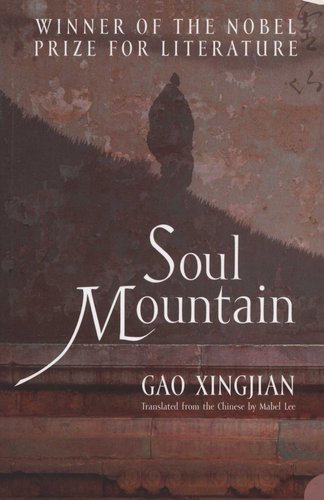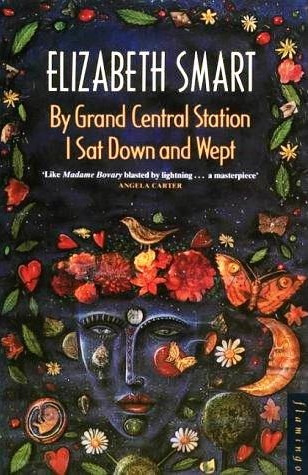If I wanted to depress myself, I would do a series called “In Search of Lost Bookstores” and feature books in my library that I purchased at stores that have since shuttered.
Just kidding, I’ve already depressed myself just by thinking about it!
One of those entries would be this thirty-year-old collection of academic writing on the nascent online culture of the early 90s. In high school, anything at all related to Cool Cyberpunk Hacker Shit was instantly my bag, so I picked up Flame Wars: The Discourse of Cyberculture on one of my many youthful browses of the Lion Around bookstore (RIP). It was already ten years out of date by that point, but no matter! I read a couple of the essays right off the bat; I gave most of the others a pass as uninteresting and highly technical. . Nonetheless I kept the volume through several purges, sensing that one day I would have enough of a brain to actually engage with the content. That day was today, the year of our Lord 2024, a full thirty years after its initial publication—an ice age ago in online time.
How does it hold up?
In some aspects not very well at all, or maybe more fairly: it’s clearly a book of its time. Lots of ink is spilled over Mondo 2000, reminding us that people once took it seriously as a cultural forum. (Though I guess its ghost still haunts the Internet in the form of BoingBoing.) When discussion focuses on the intersection of technology and sexuality, it’s as awkward and dated as you’d expect (did anyone ever actually call it “compu-sex”?) and HIV/AIDS as an existential threat is a very present issue. In much of the discussion, sexual and otherwise, the underlying assumption is that VR is going to be the thing pretty soon and that people will be using that to have safe, gratifying casual sex—but for now, typing will do. Thirty years later, it’s safe to say that VR didn’t pan out like any of these authors were expecting.
There are also selections that, even without the retro-futurism, kind of stumble. The performance art group Survival Research Laboratories is still running to this day (would you like to subscribe to their Patreon?), but the account Mark Pauline provides of a show in Austria fails to articulate anything interesting beyond the deathwish of one of their local assistants. (The numerous photos of the Austrian show/exhibition were black and white; maybe full color would have helped.) Another essay on virtual reality as a plot device in fiction feels like a puffed-up excuse for Marc Laidlaw to showcase his own writing. Halfway through the piece, Laidlaw confirms this suspicion and explains that he was originally asked to submit a selection of his fiction, but felt whatever he submitted would be out of context, so he wrote an essay about the topic of virtual reality and then included his own writing in the essay. The other piece of fiction, an excerpt from Pat Cadigan’s Synners, was simply presented on its own as a piece of fiction and functioned just fine without context. (And in fact, I promptly added the whole book to my TBR after I finished the chapter.)
The more abstract, theory-based, and otherwise philosophical essays, on the other hand, still feel highly relevant. Editor Mark Dery’s interviews with Samuel Delaney, Greg Tate, and Tricia Rose (collected in the chapter “Black to the Future“) are a goldmine of thought that I will definitely be revisiting, moreso because Dery chose to interview extremely intelligent people rather than because Dery provided much insight himself (sorry). Likewise with Claudia Springer’s “Sex, Memories, and Angry Women,” which touches on an interesting tension in the portrayal of women within cyberpunk but that also requires me to refresh my memory (hah) of the works in question before I can really have anything to say about it. I don’t know enough about the state of neural networks and AI research to know if Manuel De Landa’s “Virtual Environments and the Emergence of Synthetic Reason” is still fresh, but Gary Chapman’s* “Taming the Computer” still feels as relevant as it did in 1994. Perhaps—cliché be damned—even more so.
Cue the ominous music.
Overall, despite some dated, now-irrelevant concerns and speculations, a solid collection to have on hand in 2024.
*This is Gary Chapman the technologist and academic, who died in 2010. He’s not the Gary Chapman famous for the Five Love Languages, but sadly only the latter has a Wikipedia page.










